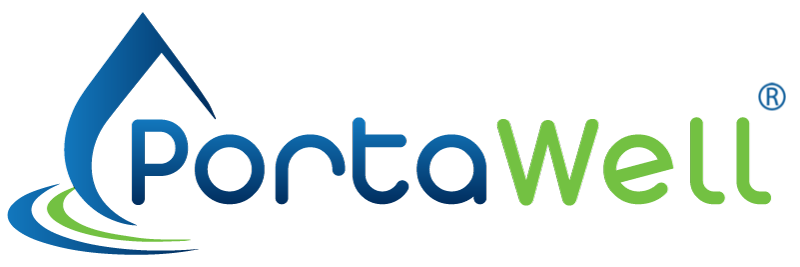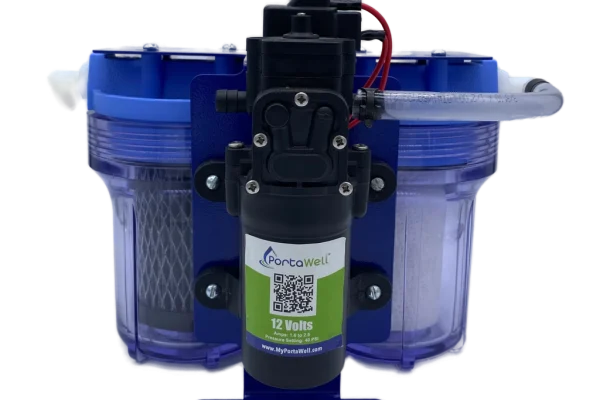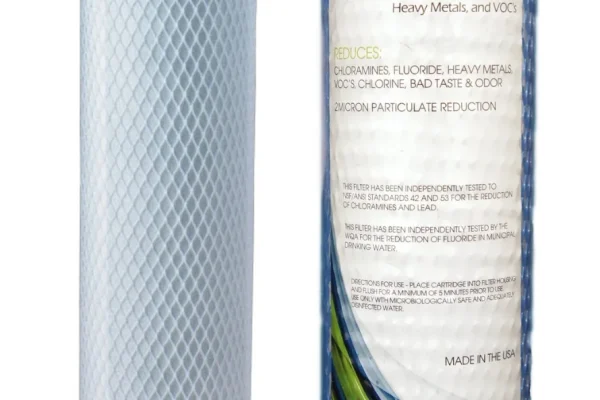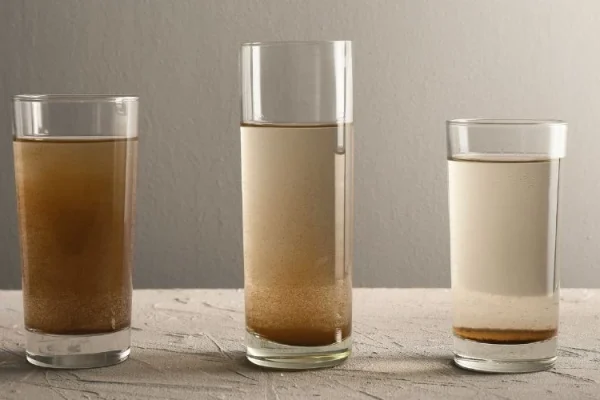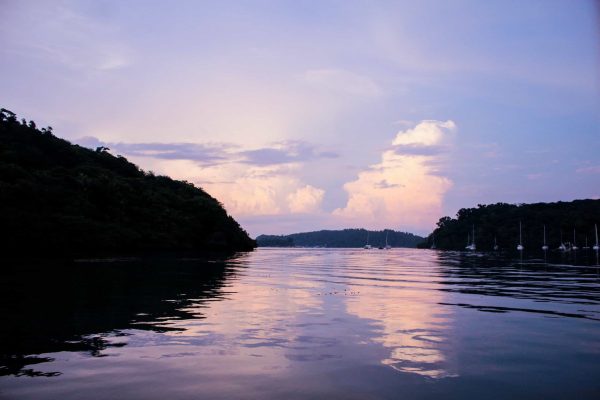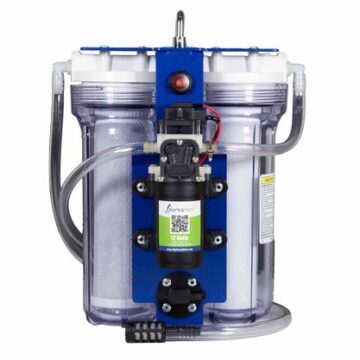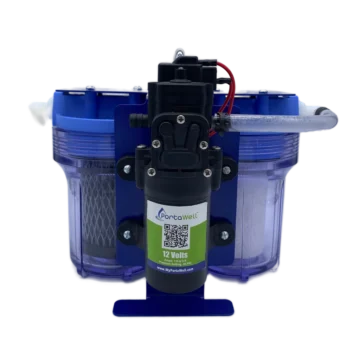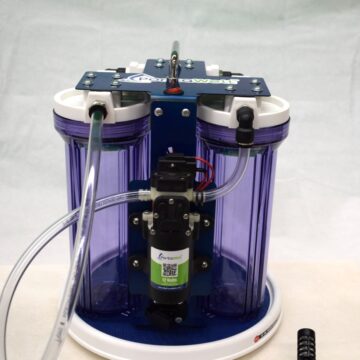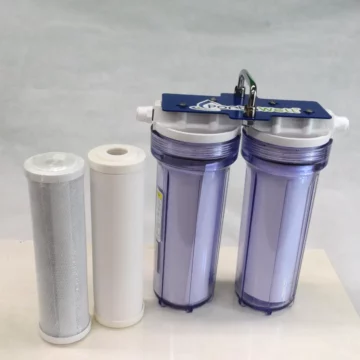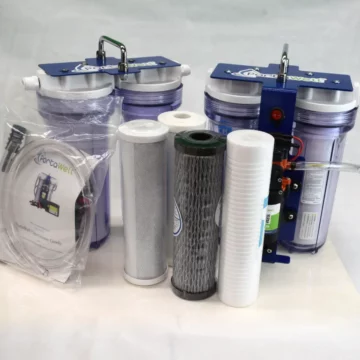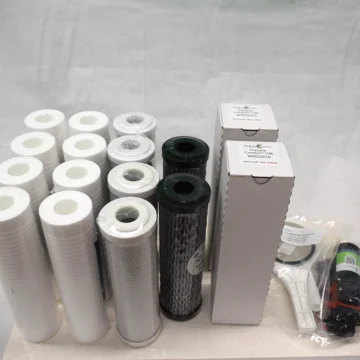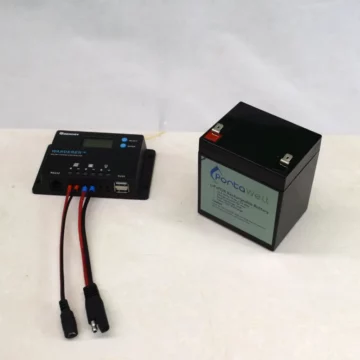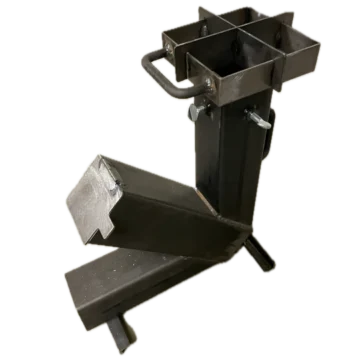Selection of Surface Source Water
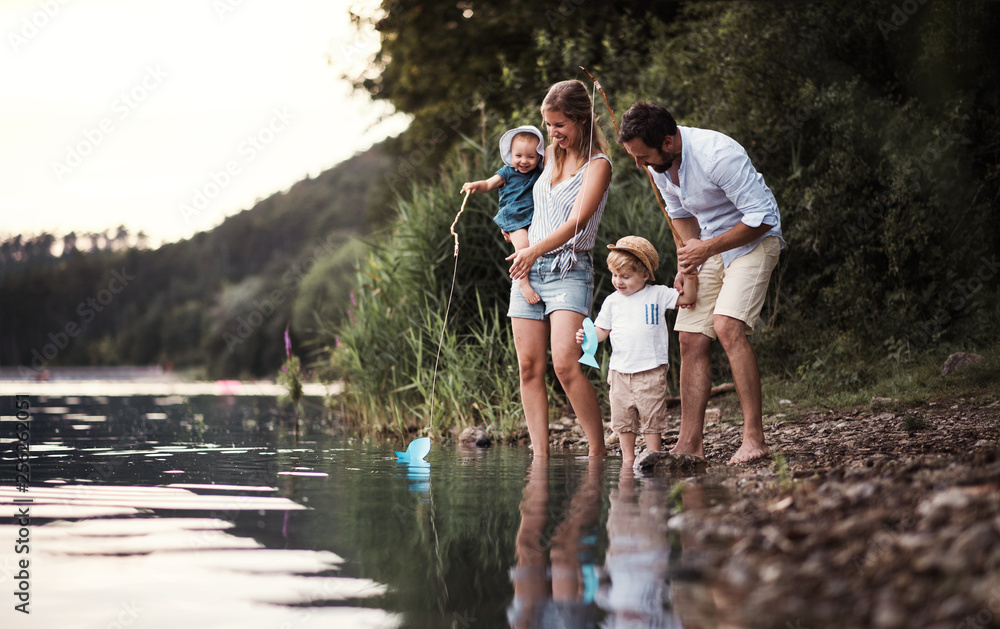
One PortaWell® customer asked the question:
I live near the Jordan River in Salt Lake City, Utah. Could I use it as a water source and process it through a PortaWell™ Emergency Water Filtration System in an emergency situation?
The Jordan River in Utah has as its source Utah Lake, and thereafter journeys approximately 50 miles through some of Utah’s most populated and developed areas before emptying into the Great Salt Lake. The water quality varies along its path varies but gets “very, very dirty and lots of signs of degradation at the bottom of the watershed”, as stated in a 2020 article in the Salt Lake Tribune. While efforts are being made to reclaim the river, its water quality is still suspect at best.
The Jordan River is indicative of many in large, populated areas where this type of surface water may be the only one convenient (proximity) to people in the event of a catastrophic emergency the shuts down all utilities for an extended period. People must have public drinking water supplies to survive. In a life-or-death situation the question no longer becomes:
- Does this filter remove such and such minor contaminant (which may or may not affect my health in 30 years if I drink 5 gallons per day)?
But
- Will this filter remove the biologic and chemical contaminants that will make me or my family ill tomorrow if I drink it to sustain life?
My advice, as always, is to pick the very best (cleanest) water sources possible to filter or process through any portable water treatment system.
By best water source, I mean
- absence of significant turbidity (cloudiness of water due to sediment, algae, or other fine particulate),
- absence of obvious chemical pollution as indicated by odor or visual signs (oily surface), and
- absence of near-by pollution sources such as raw sewage, livestock runoff or other industrial wastes.
If you are concerned about water resources or water bodies for an extended emergency, I recommend scouting out your nearest source and get as much information as to possible pollutants.
You should avoid highly polluted sources even if you must travel further to find a safe drinking water source.
One can argue, “but isn’t this what a portable treatment system is supposed to do—make dirty water into clean, reused water so I can drink it”?
Yes, but the more contaminated the alternative water source, the faster any filtration system will foul (clog up) or expend its chemical absorption capability.
Advertisements that show a person filtering ground water from a heavily silted, contaminated water flowing source and then drinking clear water are disingenuous at best. Yes, it may clean a few gallons of water, but the filter will quickly clog and be of little use unless the filter can be cleaned or replaced.
The following is my list in order of quality for source water to filter through PortaWell in an emergency (or any portable water treatment system):
- Tap water with a city boil order
- Spring
- Mountain stream
- Rainwater from roof or capture structure
- Large lake or reservoir
- Non salt water swimming pool or spa (free of algae)
- Large river
- Small river or canal (rural setting)
- Small river or canal (urban setting)
- Stagnant pond or small lake
So to answer the question
I would search for a less contaminated source of water even if it meant traveling for an extended distance and use the Jordan River as a source of water only if there was nothing else available.
Categories
Tags
Recent Posts
Recent Posts
Why the PortaWell Mini Is the Best Water Filtration System for Camping & Overlanding
Activated Carbon vs AquaMetix Filter Comparison
Emergency Water Treatment Tutorial (Part 1) – Particulate
Water Sustainability: Powering Your PortaWell® System
Sustainable Water Solution for Emergency Preparedness
Chlorine Water Treatment for Drinking Water
PortaWell® Products
-
PortaWell® Starter Pak
$379.00Original price was: $379.00.$339.00Current price is: $339.00. -
PortaWell® Mini Expedition
$279.99Original price was: $279.99.$249.00Current price is: $249.00. -
PortaWell® Triple System
$429.00Original price was: $429.00.$389.00Current price is: $389.00. -
PortaWell® Expansion Kit
$165.00Original price was: $165.00.$149.00Current price is: $149.00. -
PortaWell® Plus Kit
$539.00Original price was: $539.00.$479.00Current price is: $479.00. -
PortaWell® Survivor Kit
$292.00Original price was: $292.00.$265.00Current price is: $265.00. -
PortaWell® Solar Accessory Kit
$71.95Original price was: $71.95.$49.95Current price is: $49.95. -
PortaHeat®
$349.00Original price was: $349.00.$299.00Current price is: $299.00.
